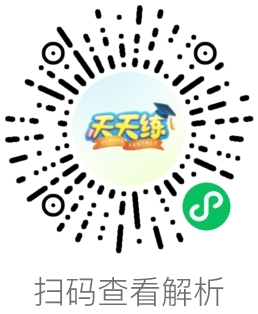16. Because of the epidemic (流行病), our lives have been changed in a lot of ways — the way we study, work, or even how we greet each other and celebrate holidays. Now people around the world are coming up with new greetings to stay safe.
Can tapping (轻敲) feet be a way to greet others? What about winking (眨眼)? It might sound a little strange. But the new coronavirus is infectious (传染性的). To help stop its spread, people are giving up their usual greeting styles and thinking of some safer ways. Let's take a look!
No more kisses
Lean (倾斜身体) forward, touch cheeks and make a kissing sound. This is the French way of greeting. But when facing the virus, too many kisses are not good. France has suggested that people should not kiss each other on the cheeks. French etiquette expert (专家) Philippe Lichtfus gives everyone in France a suggestion: simply looking into a person's eyes can be a greeting.
Wink at others
Like the French, Italians often hug or kiss each other when greeting. Recently, an Italian woman made a video to help everyone fight the disease. According to her, if you want to say hello to others, do not hug or kiss. Instead, you can wink at them with one eye. It's a cute way of greeting.
Pat (轻拍) on the back
It's a very Australian thing to shake hands. But if you do this during the epidemic, the virus can jump from one person to another. A health official in Australia named Brad Hazzard said a pat on the back might be better.
Tapping feet together
There is a new way to greet others that is now popular in Iran, according to a popular video. In the video, three Iranian men meet and tap their feet together. They wear masks and put their hands in their pockets (口袋). It looks like they are playing a fun game. If we cannot shake hands, why not try to "shake" feet? There is a similar (相似的) video from Lebanon. It shows two celebrities (名人) tapping their feet against each other while making kissing sounds with their mouths.
Did you know? Sylvie Briand is the World Health Organization's director of the pandemic and epidemic diseases department (世卫组织传染病危害管理部门主管). She suggested that we can use three greetings:





